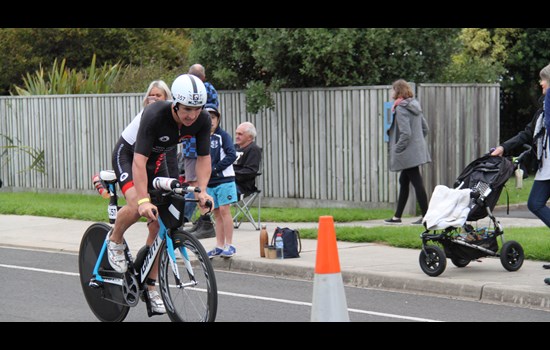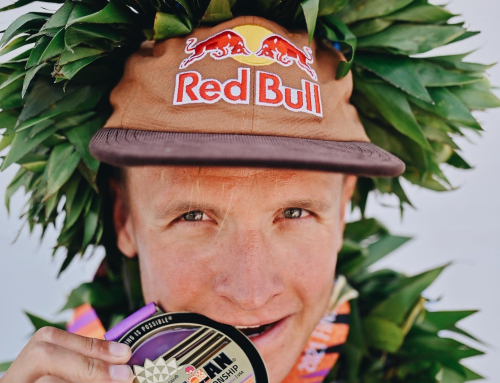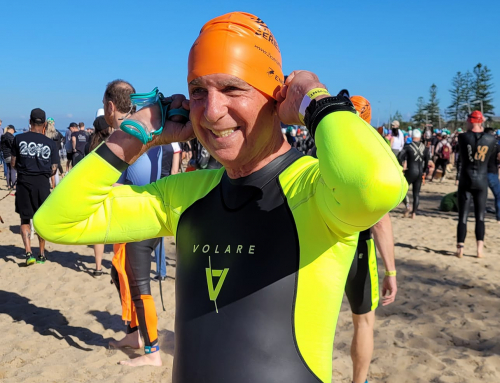Yep, we all know that setting goals is important for you training if you want to see improvements. However, I’m not writing this article to teach you how to set goals- the reality is, you already know how to do it.
The key question is though ‘What separates those who reach their goals to those that don’t? We all set goals, and a lot of the time we don’t achieve them, be that in training or other important aspects of life- so let’s have a look at what does get in the way
Knowing yourself in how you relate to all your goals (be it an outcome, or a process goal) means you can be more effective in sticking to them, when it counts (and, when it counts for the future) and will set you up for continued success.
Individuals and coaches will often refer to the acronym S.M.A.R.T goals. Meaning goals are
- Specific
- Measureable
- Achievable
- Relevant
- Timely
Typically advocates of this criteria suggest that
Setting goals can:
a) Keep you focused on the task to be completed. They direct your training. You know where you are and know where you’re going.
b) Help you maintain your motivation when training gets stale, when you’re hurting or get tired.
c) Increase your efforts, because when you have a goal, you will strive to improve.
d) Help increase your confidence. When you have a goal and training goes well, you will feel more confident.
Whilst these criteria may work for sometimes, it clearly does not work consistently. Reflect on your own life, does knowing this information always lead to consistent behaviours? It may sometimes and other times it may not.
The reality is, setting goals is NOT enough – and never have been.
So if it is true that goal setting works inconsistently- there must be other processes going on- otherwise we’d all set and achieve goals consistently.
If you think about your experience in life even beyond training, how many times have you set a goal and not actually stuck to it? Me, well it would be uncountable. Am I lazy? Well, I think not.
However not reaching a goal is commonplace for even those people who feel and act disciplined and have meaningful intentions. As humans, we consistently forego doing things that are ACTUALLY IMPORTANT in the service of feeling good in the here and now.
From a psychological perspective, we need to look more strategically at how you and your goals interact to see what impacts upon your motivation to either stop committing to them, OR committing foolishly towards them.
1) How YOU define the importance of a goal will dictate whether YOU will commit to it.
You and your coach need to define or redefine your goals in association with how ‘workable’ they are. Naturally throughout the process of working towards these goals in training or your competitions- you will experience discomfort (boredom, anxiety, stress, frustration, sadness, fatigue and pain) – it will be up to you to be willing to experience these normal uncomfortable emotions (which typically get in the way of SMART goals) and still commit to what is actually important.
The emotions listed, often show up when we ‘feel’ we are failing or not going at the expected rate towards what we initially set as our goal. The perpetuation of perceived failure is often associated with low confidence, even though the FEELING may not be accurate.
Further, maladaptive persistence towards an unachievable goal can cause as much distress as feeling as though we are failing at achieving one. If you believe that achieving a goal is meaningful to your happiness long term, when YOUR barriers get in the way, your motivation will fluctuate.
2) Outcome goals and your Willingness to Experience Internal Discomfort.
We inadvertently hold onto outcome goals (ie: hitting a particular time in a leg, having a certain wattage on the bike, winning an event) as a way to feel good and give our life meaning.
Whilst this may feel true, it can be problematic in that our mood will change either on the way to achieving that goal or after we have.
So, ask yourself the questions, why are you actually committing to training – is it a sense of achievement, is it to look great? Or is it deeper than that?
It can often be costly to ascribe ‘life meaning’ when we simply accomplish a goal. By anchoring our esteem on what we value about the process of achieving task- versus actually achieving the task, can help increase effort focus and commitment to the goal, regardless of what emotions turn up.
Put another way- You are more likely to achieve the goal that you set if you are willing to experience the normal uncomfortable internal experiences that will arise in pursuit of your goal.
3) Noticing the unhelpful mind.
YOU as a person WILL experience THE whole range of emotions of life as a human as you work towards your goal(s) – Yep that includes frustration, boredom, disinterest, feeling overwhelmed, feeling stoked, elated, fatigue and pain.
Quickly check over the last sentence, which ones did your mind quickly tell you that you don’t actually want to experience. YET, the reality is you WILL. It is not possible to remove negative internal experiences when pursing something meaningful in life. YET we try as hard as possible not to have these experiences when they show up (ie: staying in bed when tired or eating different from the nutrition plan because you ‘feel’ stressed)- ultimately getting us further away from what is actually important to us.
What’s the best thing to do when we are having these experiences? Well, noticing when you are getting caught up in what your mind is telling you is crucial. However accepting that we will have these experiences (which we typically don’t want to have) which are always associated with meaningful goal pursuits, means we can put our energy, effort and focus into the pursuit of the goal, not changing our behaviours away from our goals by the urge to feel good.
One last point:
In relation to all your goals that you set individually or with Stephane.
We want them to be flexible guides, not rigid rules.
We can look at your goals in this perspective.
- How I want to behave as I try to get my goals met
- How I want to behave when I don’t get my goals met
- How I want to behave when I do get my goals met
Finally, in relation to your goals this season – “pursue them vigorously but hold them lightly”
I look forward to contributing more blogs over the coming months.
Cheers
Dane Barclay
Director – Performance Psychologist
The Performance and Sport Psychology Clinic
Melbourne/Geelong/Bellarine/Surfcoast
BA(Psychology) (Honours)
MAppPsych (Sport and Exercise)
m: +61 422 633 154
e: dane.barclay@pspc.com.au









